The Enduring Legacy of the Julian Calendar: Who Nonetheless Makes use of It (and Why)?
Associated Articles: The Enduring Legacy of the Julian Calendar: Who Nonetheless Makes use of It (and Why)?
Introduction
With nice pleasure, we are going to discover the intriguing subject associated to The Enduring Legacy of the Julian Calendar: Who Nonetheless Makes use of It (and Why)?. Let’s weave attention-grabbing info and supply contemporary views to the readers.
Desk of Content material
The Enduring Legacy of the Julian Calendar: Who Nonetheless Makes use of It (and Why)?

The Gregorian calendar, with its bissextile year changes and acquainted rhythm, dominates the fashionable world. But, the Julian calendar, its predecessor, continues to carry a stunning relevance, albeit in area of interest contexts. Whereas no nation makes use of it as its major civil calendar, understanding who makes use of the Julian calendar and why reveals an enchanting interaction of custom, spiritual observance, and sensible concerns.
The Julian calendar, applied by Julius Caesar in 45 BCE, represented a big development in timekeeping. It standardized the Roman calendar, introducing a extra common system of one year per 12 months, with a leap day each 4 years. This addressed the inaccuracies of the sooner Roman calendar, which had develop into more and more out of sync with the photo voltaic 12 months. For hundreds of years, the Julian calendar turned the usual throughout the Roman Empire and past, its affect spanning Europe, the Center East, and North Africa.
Nevertheless, the Julian calendar, whereas an enchancment, wasn’t good. Its bissextile year rule overestimated the size of the photo voltaic 12 months by roughly 11 minutes and 14 seconds. This seemingly small discrepancy amassed over centuries, resulting in a gradual drift. By the sixteenth century, the Julian calendar was roughly 10 days behind the photo voltaic 12 months, inflicting important issues for agricultural practices and non secular observances tied to the seasons. This in the end led to the adoption of the Gregorian calendar in 1582, a reform championed by Pope Gregory XIII.
Spiritual Observances: The Strongest Maintain of the Julian Calendar
Regardless of the Gregorian calendar’s widespread adoption, the Julian calendar maintains a big presence inside sure spiritual communities. That is arguably its most enduring legacy. A number of Japanese Orthodox church buildings, together with these in Greece, Russia, Serbia, and others, proceed to make the most of the Julian calendar for liturgical functions. This isn’t a easy matter of clinging to custom; it is deeply intertwined with their theological understanding of time and the connection between the church calendar and the photo voltaic 12 months.
The adherence to the Julian calendar for spiritual functions has a number of implications. First, it leads to a divergence within the dates of main spiritual holidays celebrated by Japanese Orthodox church buildings in comparison with these noticed by Western church buildings that use the Gregorian calendar. For instance, Christmas is well known on January seventh within the Julian calendar, whereas Western church buildings have fun it on December twenty fifth. This distinction displays a basic distinction in the way in which these church buildings method the calculation of spiritual dates and their connection to the photo voltaic 12 months.
The continued use of the Julian calendar by these church buildings is a matter of robust theological conviction and cultural id. Makes an attempt to reconcile the calendars have confronted important resistance, highlighting the deeply entrenched nature of this custom. Whereas some Japanese Orthodox church buildings have explored the opportunity of adopting the revised Julian calendar (also referred to as the Proleptic Julian calendar), which accounts for the amassed distinction, widespread adoption stays unlikely as a consequence of considerations about disrupting long-standing traditions and the potential for perceived compromise on theological rules.
Different Minor Makes use of and Historic Significance:
Past spiritual practices, the Julian calendar finds restricted utility in different areas:
-
Historic Analysis: Historians often use the Julian calendar when learning occasions that occurred earlier than the Gregorian calendar’s adoption. Courting historic occasions requires understanding the calendar system in use on the time, and the Julian calendar is essential for precisely decoding historic information from that period. Conversion instruments are available to translate Julian dates to Gregorian dates and vice versa.
-
Astronomy: Whereas not used for every day life, the Julian day quantity is a vital system in astronomy. This steady depend of days offers a standardized solution to characterize dates throughout completely different calendars, making it invaluable for astronomical calculations and information evaluation.
-
Remoted Communities: In some very distant or remoted communities, conventional calendar programs may nonetheless be used, though these are sometimes linked to native agricultural cycles quite than on to the Julian calendar. Nevertheless, the affect of the Julian calendar will be traced not directly by its historic influence on regional timekeeping practices.
The Challenges of Calendar Conversion:
The distinction between the Julian and Gregorian calendars necessitates cautious consideration when changing dates. The ten-day distinction amassed by the sixteenth century is not fixed; the hole continues to develop by someday each 128 years. Because of this changing dates requires contemplating the particular 12 months in query and using applicable conversion algorithms or available on-line instruments. The shortage of a easy, common conversion system underscores the complexity of navigating the transition between these two distinct calendar programs.
Conclusion:
Whereas the Gregorian calendar reigns supreme within the trendy world, the Julian calendar’s legacy is much from extinguished. Its continued use throughout the Japanese Orthodox Church demonstrates the highly effective affect of custom and non secular conviction on timekeeping practices. Furthermore, its significance in historic analysis and astronomical calculations highlights its enduring relevance in particular fields. Understanding the continued use of the Julian calendar, nonetheless restricted, offers beneficial perception into the complicated interaction between spiritual beliefs, cultural id, and the evolution of timekeeping programs all through historical past. The Julian calendar, although outmoded in most contexts, stays a testomony to the enduring energy of custom and the continued want for exact and constant strategies of reckoning time.
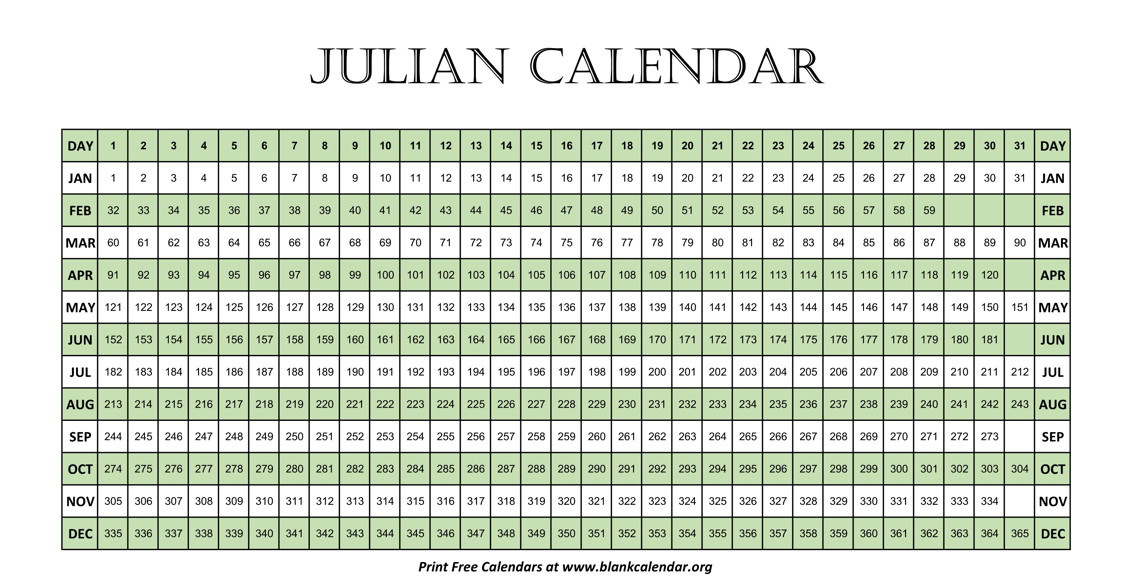
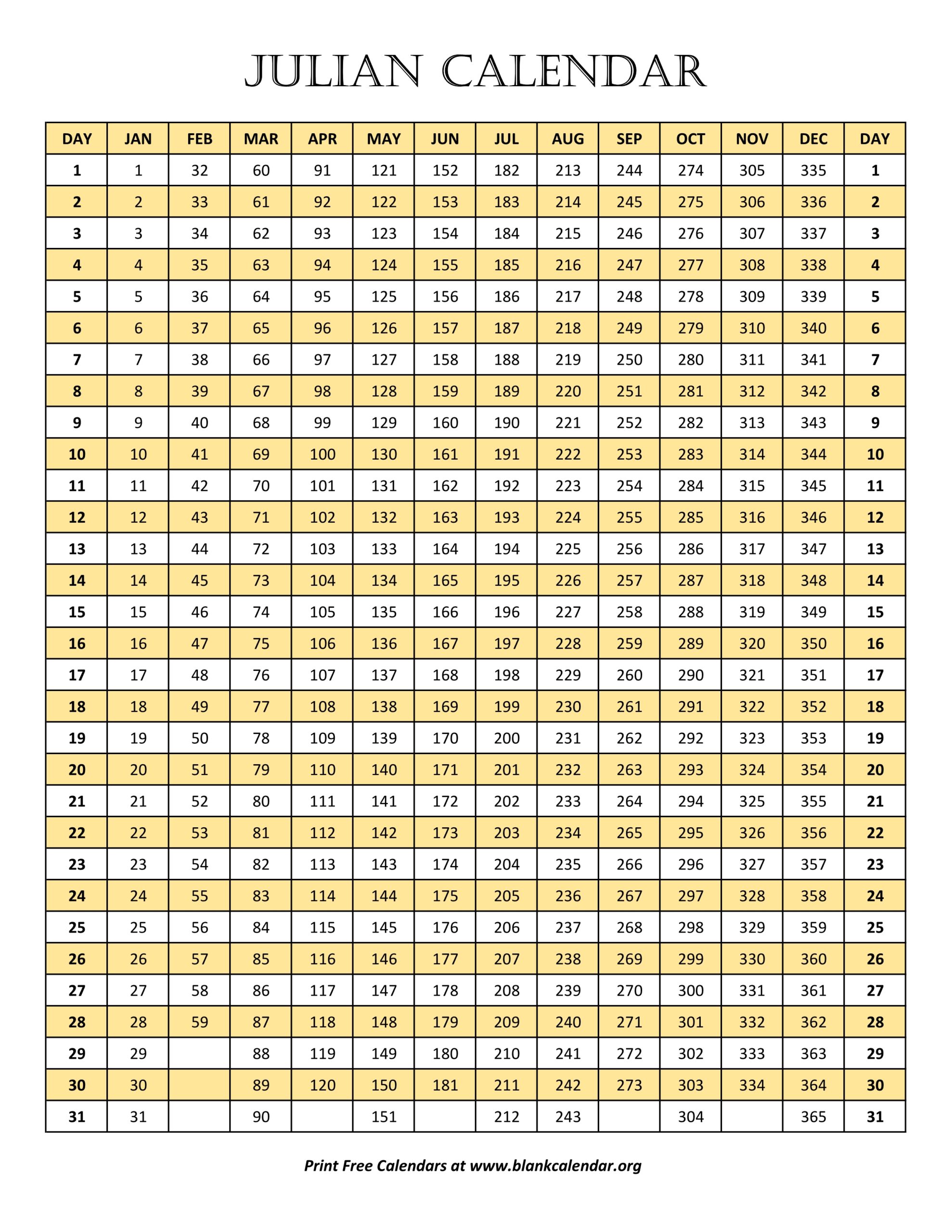

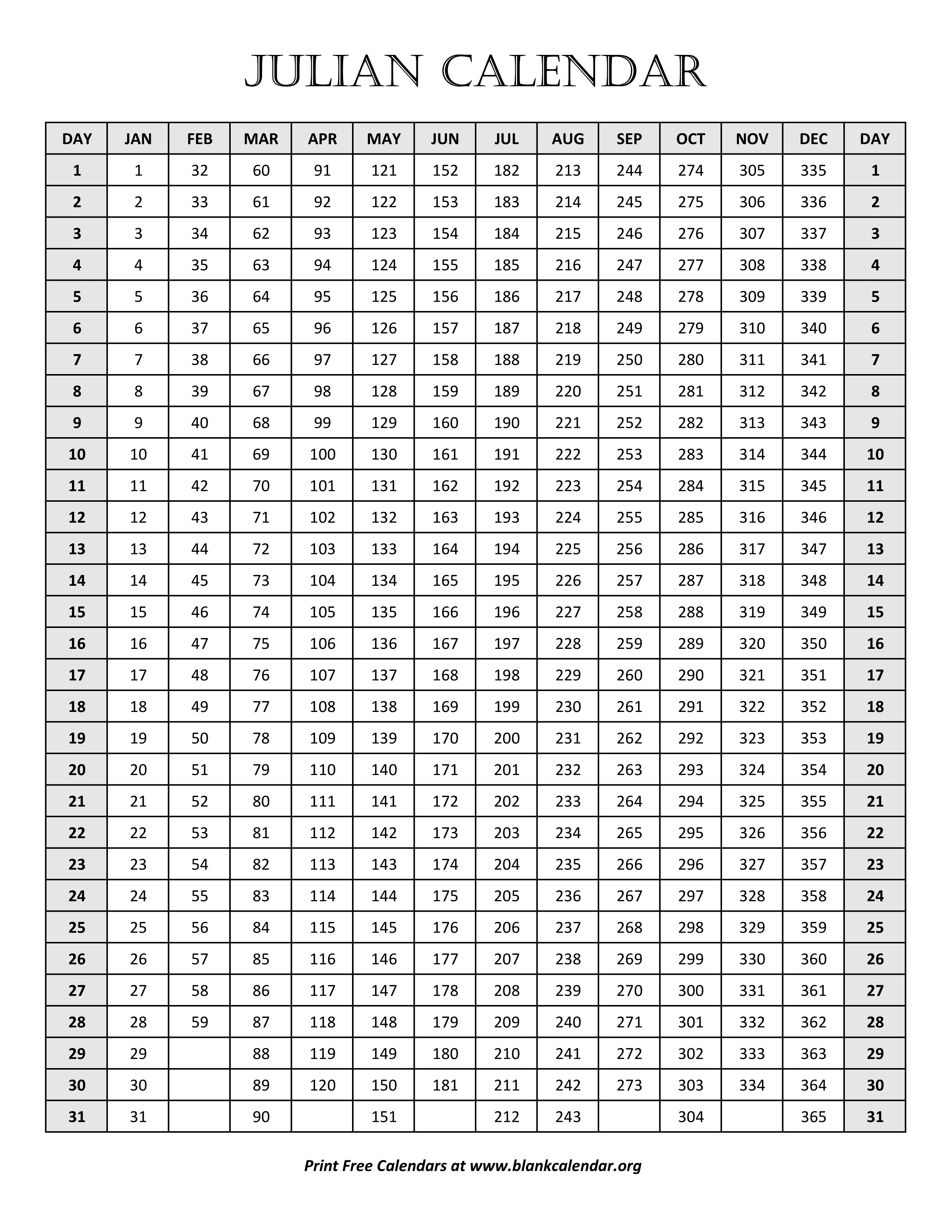
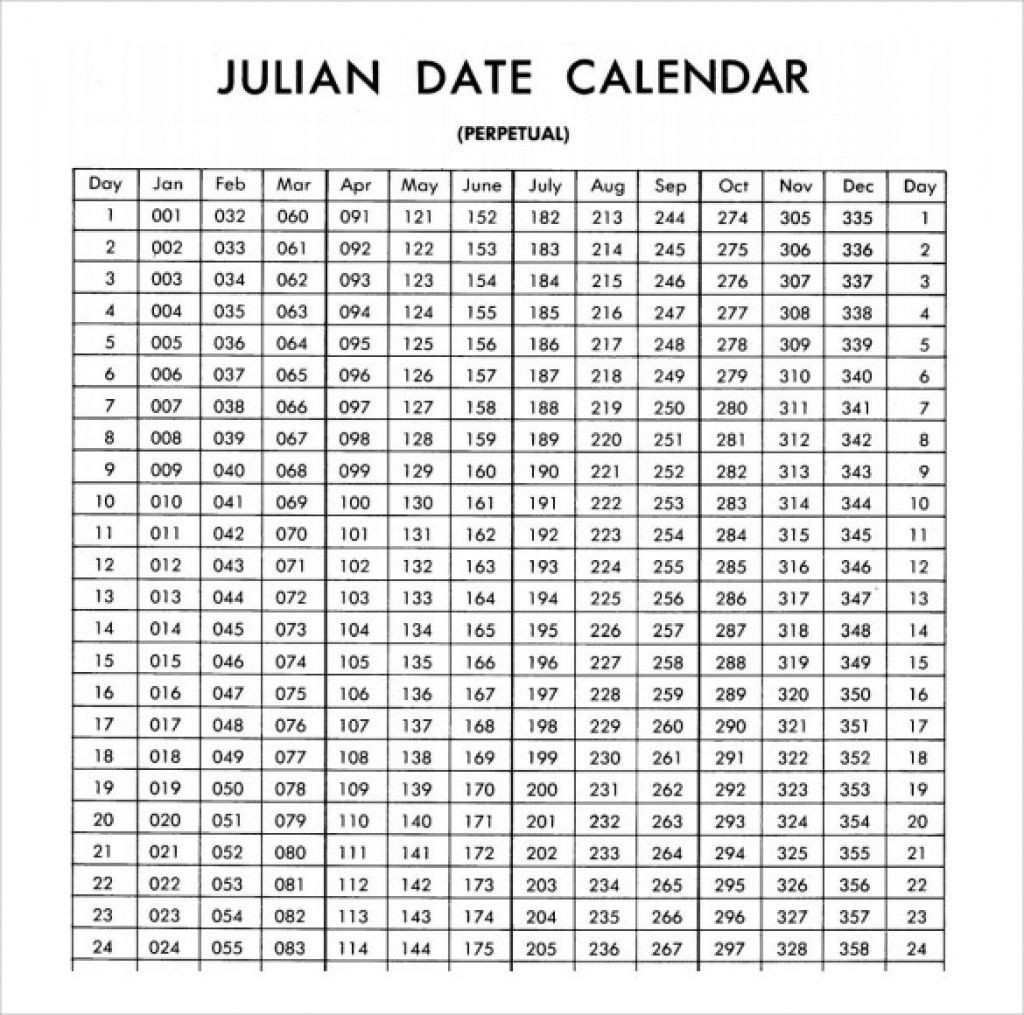
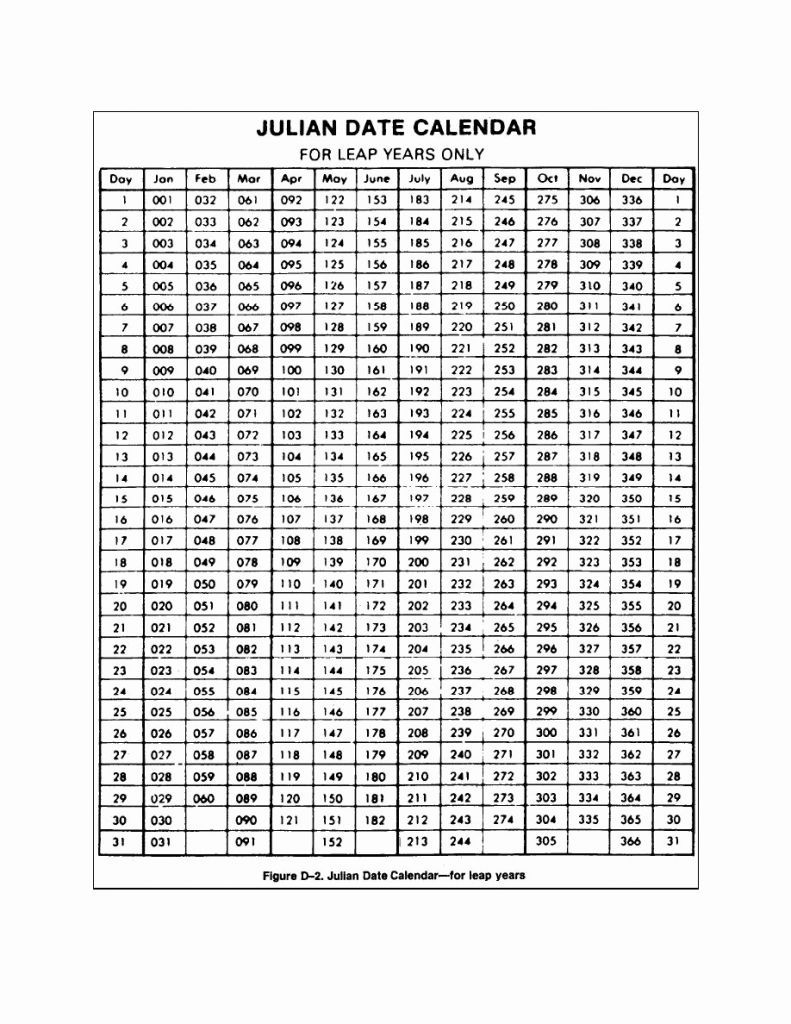

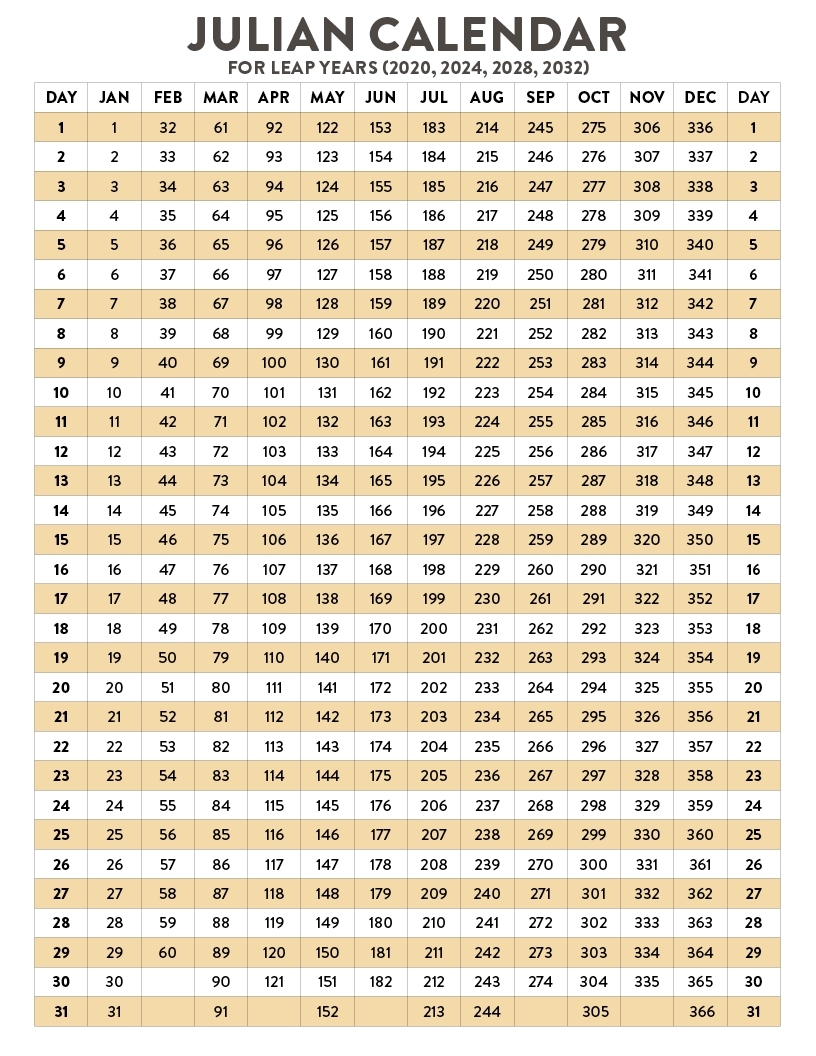
Closure
Thus, we hope this text has supplied beneficial insights into The Enduring Legacy of the Julian Calendar: Who Nonetheless Makes use of It (and Why)?. We admire your consideration to our article. See you in our subsequent article!